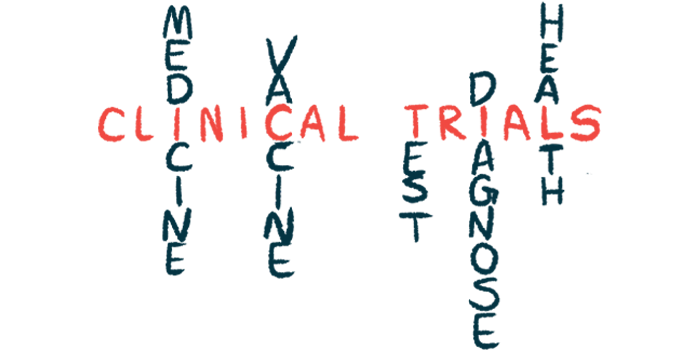Trial Testing ALZ-101 Alzheimer’s Vaccine Recruits First Patient

The first patient has been recruited, in Finland, for Alzinova AB’s Phase 1b clinical trial testing its ALZ-101 vaccine for Alzheimer’s disease, the company announced.
Alzinova AB, a Swedish biopharma company, is working to develop treatments for Alzheimer’s that specifically target amyloid-beta oligomers — chains of several single units (monomers) of the protein. The toxic aggregation, or buildup, in the brain of these oligomers leads to the disease’s clinical manifestations.
“It is very satisfying that ALZ-101 has now entered clinical testing in an area with such a huge unmet medical need,” Kristina Torfgård, CEO of Alzinova AB, said in a press release.
ALZ-101 was developed using a proprietary AβCC technology, in which researchers create amyloid-beta oligomers that can no longer form neurotoxic fibers, known as fibrils.
“It has been known for many years that [amyloid-beta]-42 oligomers are particularly neurotoxic” — toxic to the brain — “when compared to monomeric and fibrillar forms of the peptide,” the company states on a webpage explaining its technology. “These oligomers are therefore very attractive targets for future immunotherapies, particularly as there have been no truly oligomer-targeting therapies previously evaluated in humans.”
The ALZ-101 vaccine is based on these changed amyloid-beta-42 oligomers — called amyloid-beta-42CC. These oligomers trigger the body to produce antibodies that can recognize amyloid-beta forms that can develop into neurotoxic fibrils.
Preclinical studies of ALZ-101 demonstrated that the therapy works specifically against those oligomeric forms that are found in the central nervous system, comprised of the brain and spinal cord, and there seem to be no toxicity or inflammation concerns associated with the treatment.
The new Phase 1b clinical trial for ALZ-101 is a placebo-controlled, double-blind study, meaning that neither the researchers nor the participants will know which individuals are receiving the medication and which the placebo. It will be carried out in Finland by Alzinova’s partner, Clinical Research Services Turku (CRST), which has previous experience in Alzheimer’s studies, according to Alzinova.
The trial plans to enroll patients with early Alzheimer’s disease, and its primary goal is to assess the ALZ-101 vaccine’s safety and tolerability.
Other goals, or endpoints, are to evaluate the body’s immune response to the vaccine after multiple doses, as well as to assess a number of biomarkers associated with Alzheimer’s.
Alzinova intends to recruit 26 patients for the study. Participants will be given four doses of either the ALZ-101 vaccine or placebo over a 20-week (about five-month) treatment period. Two different doses of ALZ-101 will be analyzed.
Top-line results from the trial are expected in the second half of 2023.
“We are looking forward to continuing the development of this potential disease-modifying treatment with the long-term goal to treat and prevent the onset and progression of this devastating disease,” Torfgård said.
According to Alzinova, Alzheimer’s is one of the most common and devastating neurological diseases in the world, with an estimated 40 million people affected.







